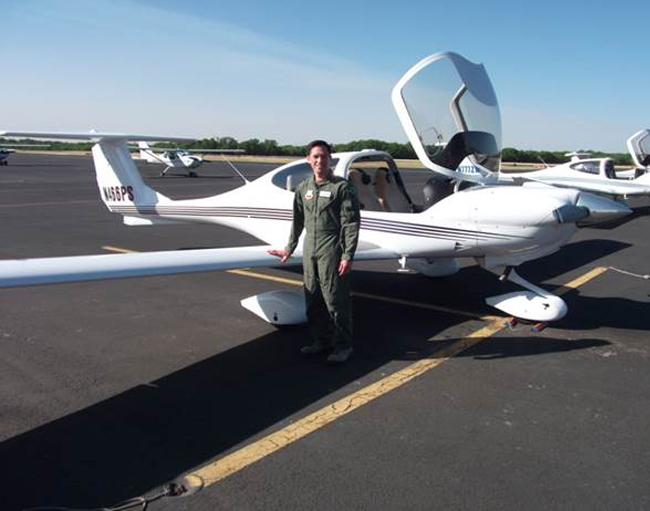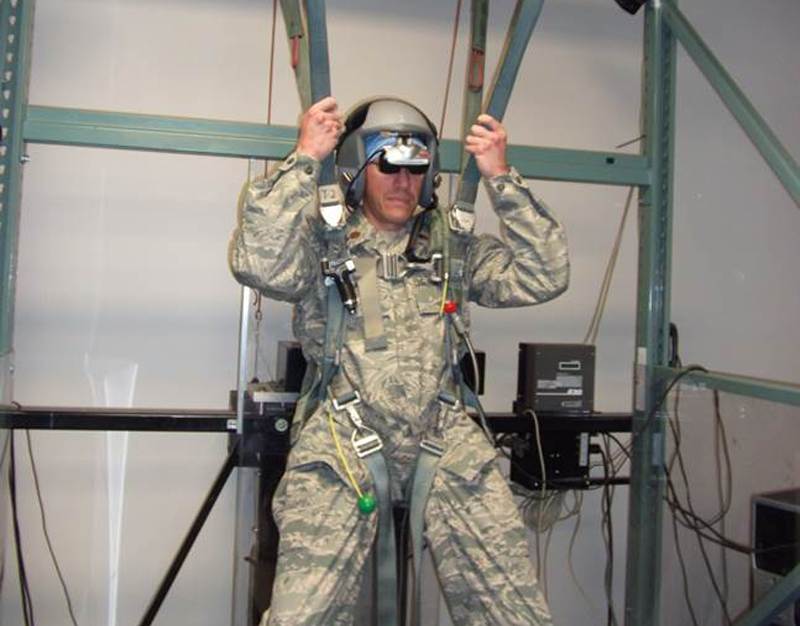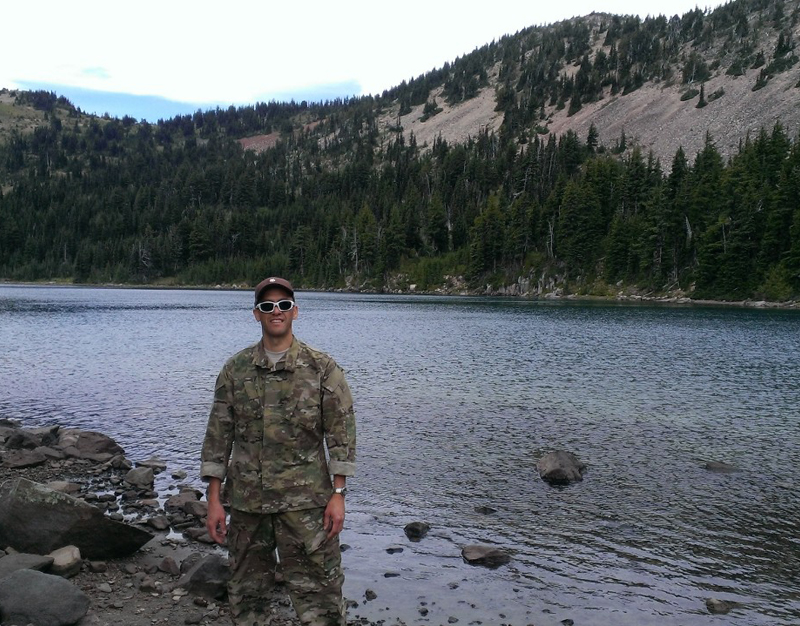Clinical Director of ICE Health Service Corps provides medical care to airmen deployed to combat areas on dangerous missions
Soon after speaking at a Rotary Club, Daren R. Mealer, MD, clinical director of ICE Health Service Corps, found himself standing alongside a group of 18- to 20 year-olds being medically examined for his fitness to join the Washington Air National Guard.
Mealer, who was working as a civilian for the U.S. Army at the time, had given a talk in Puyallup, Washington, on his experiences as a U.S. Air Force medical officer in Kyrgyzstan (a country in Central Asia) during Operation Enduring Freedom, when an attorney in the audience approached him and asked, “Have you been staying in good shape?”
Mealer thought, “That’s an odd question coming from a lawyer who I just met.” But Mealer responded, saying that he biked, kayaked and occasionally rock climbed.
“How would you like to get back in uniform?” the lawyer asked.
Less than a week later, Mealer was talking to an Air National Guard recruiter. Soon after, Mealer was reporting to Camp Murray, Washington, which Mealer said, is “a beautiful base nestled in tall pines adjacent picturesque American Lake.”
On the first day of drill with the 194th Wing, Mealer was asked by the commander (who became Mealer’s mentor and friend as well as the Washington State Air Surgeon), “How would you like to become a flight surgeon? The mission really needs one right now. Do you think you could be away from work and family for several weeks to do the training?”
A week after his son was born, Mealer was at the School of Aerospace Medicine at Wright Patterson Air Force Base, training to become a flight surgeon.
“In flight training during aerobatics, I barely managed to save my lunch,” said Mealer. “I immediately appreciated the job that our pilots do, which was probably one of the greatest lessons our instructors wanted to instill.”
Mealer returned to Camp Murray to serve as the Chief of Aerospace Medicine. Mealer serves with a tactical air control party (TACP) which conducts special missions. The TACP are a group of hard chargers who deploy to combat areas and are often in harm’s way.
“Mountain warfare training with TACP made a huge difference in earning their trust and learning how to provide them with the best medical support,” said Mealer. “Hiking the Cascade Range in the fall, sleeping in bivvy sacs, filtering water and doctoring MREs to make them more palatable is an amazing experience.” (In civilian lingo, bivvy sacs are small tents or shelters and MREs are freeze-dried meals ready to eat.)
Mealer advises officers over 40 who are heading out with those half your age, “to pack light, move heal-to-toe in the best boots you can get and remember that you can always go further than you think. When you get home, take the next day off and sleep.”
Other highlights of Mealer’s military career are that he was a Reserve Officer Training Corps distinguished graduate, he served on the USS Hue City during the Gulf War, and after 9/11, he was deployed not only to Kyrgyzstan but also to Kuwait in support of Operation Iraqi Freedom. He has served with five of the seven uniformed services and plans to do his part for the other two. In his Air National Guard role, he works with his “Army Guard brethren” on the Washington wildfires and with county and state emergency authorities in emergency management such as in Operation Evergreen Tremor this year.
“As the clinical director at the Northwest Detention Center in Tacoma, Washington, every day I think of the people in uniform who I have met, along with their families,” said Mealer.
“I share a bond with them. Every veteran and family member of a veteran has sacrificed in the performance of duty. The friends I have made in service will be my friends for life.”
“To these brothers and sisters, and as a citizen of the great country we defend, I thank them for their service. As a federal employee and as a guardsman, I let them know that I hope to continue to serve them, and I will continue as long as they let me, until I am relieved by one of those young recruits, who I will mentor to do the job even better than I. To them I say, internalize your core values, oppose fear and remember that you can always go further than you think. That is what another veteran taught me.”




